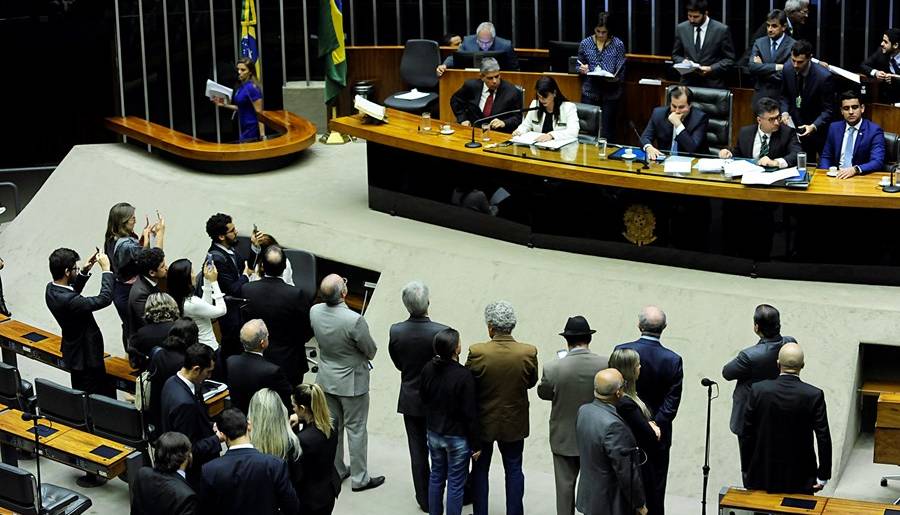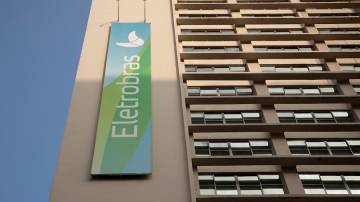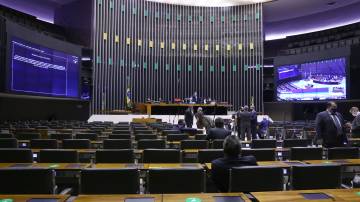Brazil: The last chance at pension reform
Importante: os comentários e opiniões contidos neste texto são responsabilidade do autor e não necessariamente refletem a opinião do InfoMoney ou de seus controladores
The Lower House Speaker Rodrigo Maia (DEM-RJ) has established the week after the Carnival as the deadline to vote on the social security bill.
According to Maia’s schedule, the members of the Lower House have to start to vote on the bill on the Lower House floor on 19th February.
Maia’s decision is supported by president Michel Temer. In a recent interview, Temer has said the government will not expend much more time trying to persuade legislators to vote in favour of the pension reform.
Since early 2017, the government has been trying to gather votes to pass the bill, which is considered extremely important to plug the budget deficit.
Having the desired number of votes has been a tough task because, according to the Brazilian legal code, a change in the social security law can only be established by a constitutional amendment, which needs at least 308 votes of the 513 legislators.
Despite the government’s appeal and the threat of a budget collapse, the lawmakers maintain a huge resistance because the proposal is very unpopular among voters.
Bear in mind that in October a new general election will take place, which includes members of the Congress.
Currently, the government only has about 200 votes. This situation is not likely to change until the deadline established by Maia. After February, Maia intends to switch the legislator agenda to other proposals.
One of them creates the standards to privatise Eletrobras, a major government-owned electricity/power utility company. The government expects to earn R$ 12.2 billion with this privatisation.
Besides the Electrobras privatisation, the legislators intend to discuss the changes in the current labour reform; fund taxes; tax reform plans; new environment licensing law; increase the participation of foreign capital in airlines; etc.
All of these proposals have to be voted on until next July, when the election campaign will officially start and every legislator will be focused only on their re-election.
Then, when they come back in November, after the election, the political environment will likely have changed and the chances of passing an important bill will be minimal.











